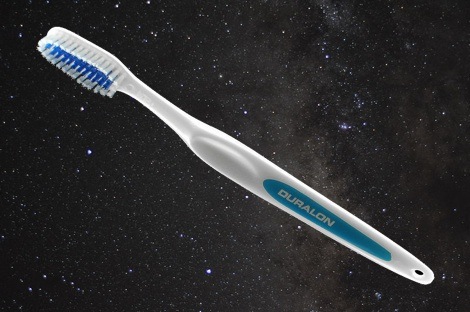While no new coal plants have broken ground here in the US since 2008, the US government is backing a huge, polluting new coal plant oversees. The U.S. Agency for International Development (USAID) and World Bank are pushing a heavily polluting, costly, and controversial new coal plant in Kosovo.
As if that weren’t bad enough, new documents obtained by the Sierra Club under the Freedom of Information Act reveal they are using inaccurate and unreliable data in order to ensure the plant is fast-tracked. They are cutting corners and recklessly endangering the health of Kosovar citizens and it’s time this controversial project was stopped.
According to the documents, the USAID contractor PA Government Services Inc. (now Tetra Tech Inc.) warned the agency that an existing plant — called Kosovo ‘B’ — had an emissions monitoring system that was deficient as early as 2010. The contractor warned unequivocally that “the Kosova B plant is not equipped with continuous emission monitoring apparatus. . . . It is strongly recommended that a complete continuous emission monitoring system be installed and emission data be collected annually.”
The documents express grave concerns about the accuracy of the intermittent emissions data that they were able to collect, calling it “questionable.” The data USAID was collecting was erratic and unreliable, featuring major discrepancies between units within the same year as well as within the same unit from one year to the next.
Even worse, the reported climate pollution vastly exceeded limits set by the European Union, sometimes by as much as 900%. This shows that building another highly polluting coal plant right next door would only make air quality worse, no matter how ‘clean’ it is promised to be.
Based on similar information obtained by the Sierra Club, a letter was sent in 2012 that again warned both USAID and the World Bank that:
“The cost of a proper monitoring and modeling program is insignificant compared to the hundreds of billions of euro that the proponents of the new plant recommend be spent and passed on to ratepayers. This cost is also insignificant to the adverse public health impact (and associated cost) that would be created.”
These warnings fell on deaf ears. Two years later the existing coal plant is still operating without continuous monitoring systems. What’s worse, the World Bank is now relying on the faulty Kosovo ‘B’ emissions data to move forward with the new coal project — called KRPP — to be funded by the World Bank which is right next door to the Kosovo ‘B’ plant.
In a draft environmental impact statement for the KRPP plant released earlier this year, the World Bank states that the “(impact statement) for rehabilitation of Kosovo B has been prepared by USAID in 2010,” and that “it can be assumed that all baseline data required for the assessment of the quality and impacts on air, surface water, groundwater and soil are already available or will be made available.” Not included: the inconvenient fact that this baseline data is either unreliable or doesn’t even exist.
The saddest part is that obtaining this information is not expensive. PA Government Services estimated in 2010 that proper emissions monitoring and pollution reduction equipment to bring the existing plant in line with EU standards would cost €187 million, compared with an estimated €500 million being spent on refurbishment of the ‘B’ units through 2040 and €1.33 billion for the World Bank’s controversial new one-gigawatt KRPP coal project.
The negligence on behalf of USAID and the World Bank in failing to ensure that their projects meet international air quality and pollution standards is bad enough, but the clear desire to ignore warnings and red flags appears to be an intentional attempt to quietly fast-track a dirty, dangerous, and increasingly controversial project.
From ignoring strident calls from Kosovar civil society, to ignoring the data and recommendations of the World Bank’s own former chief clean energy czar Dan Kammen, USAID and the World Bank are playing fast and loose with the health of the Kosovar public to ensure a costly and heavily polluting project is built as quickly as possible.
The only way to demonstrate that this assessment is wrong would be to conduct a new, comprehensive environmental impact assessment of the air quality around the Kosovo ‘B’ plant and proposed KRPP site (as the contractor recommended in 2010). Kosovars deserve this basic modicum of transparency. Without it, the project, and the data upon which it is justified, can’t stand up to scrutiny in the light of day.



